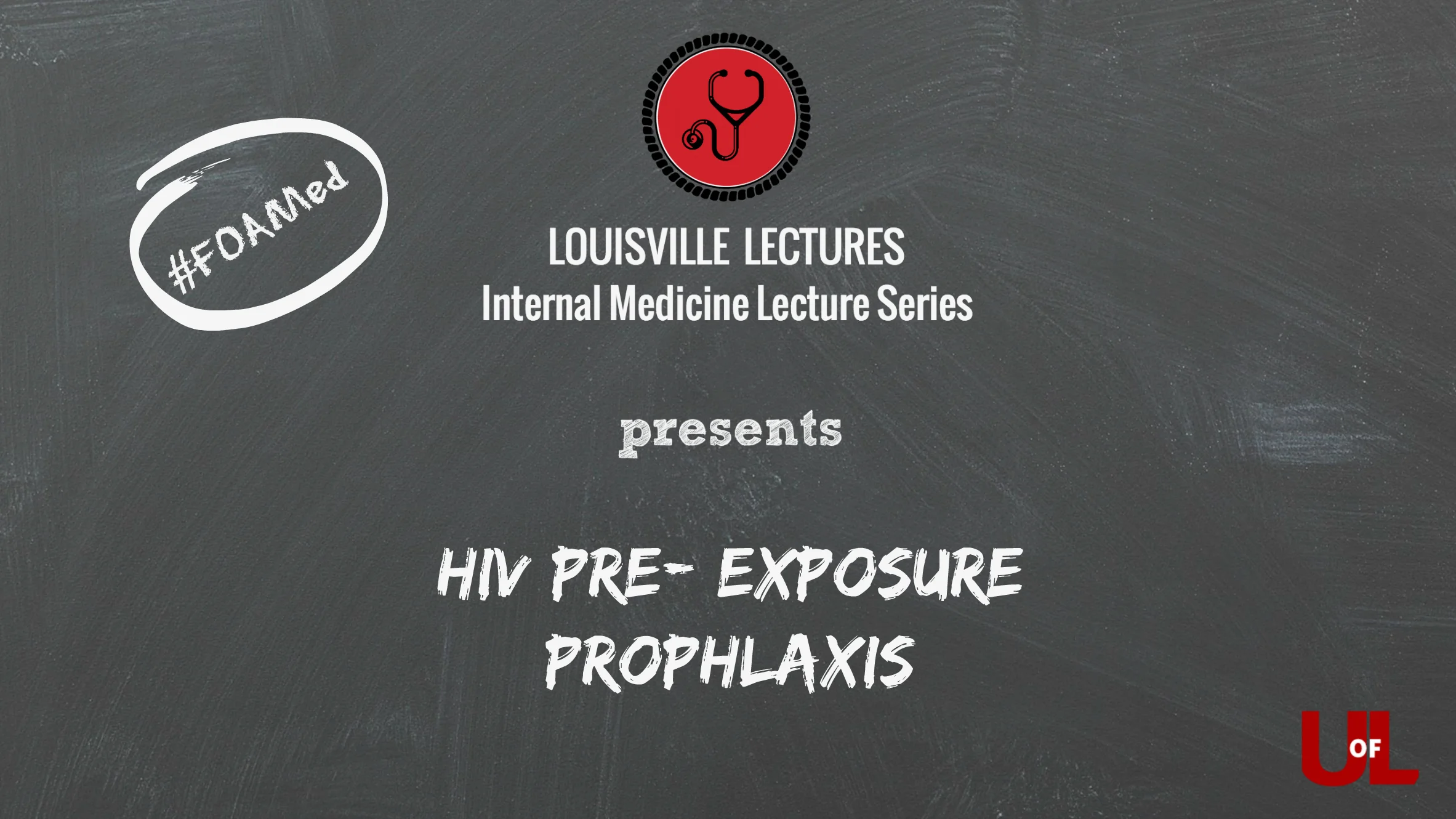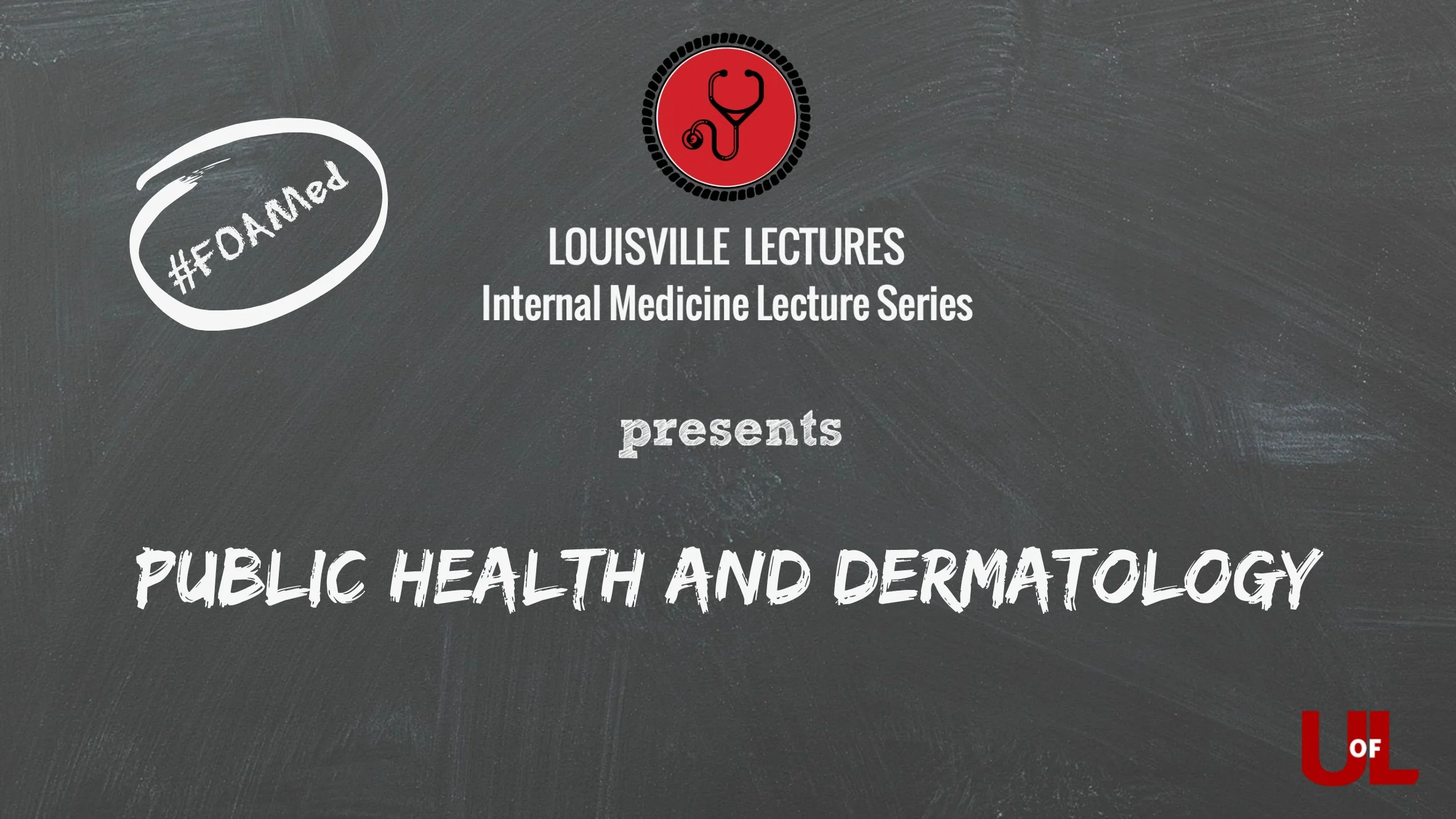outpatient medicine
Dr. Anupama Raghuram presents a review of "HIV Pre-Exposure Prophylaxis (PrEP)" by first discussing the HIV global burden of disease and transmission. She then presents the rationale for HIV PrEP as well as the efficacy and indications of HIV PrEP. Finally, she analyzes the initial barriers in prescribing HIV PrEP.
In this Grand Rounds, Dr. Jonathan Bernstein discusses chronic cough by first describing the evaluation and differential diagnosis of a patient presenting with chronic cough. He then determines the pathogenesis of chronic cough and defines the approach to diagnosis and treatment of chronic cough.
Dr. Christine Bridges presents "Advanced Care Planning" by first defining advanced care planning. She then discusses the available documents, billing and coding, as well as clinical pearls.
Dr. Nina Vasavada presents Hypertension by first discussing a general approach to ambulatory patients with elevated blood pressure. She then presents primary versus secondary hypertension, and ends her discussion on hypertension management in special populations.
Dr. Shanna Barton is in her fourth year of residency for Medicine Pediatrics at the University of Louisville. In this presentation, she discusses the transition of care for patients in pediatrics to medicine as adults and how residents can help during this process. She does this through various cases as examples.
Dr. Christian Furman presents "Advance Care Planning and the Medical Orders for Scope of Treatment (MOST) Form" by first discussing its importance. She the identifies the techniques for a Goals of Care (GOC) Discussion. After, she completes the Medical Orders for Scope and Treatment Form and then documents Advance Care Planning and the MOST form in the EHR.
In this presentation Dr. Craig McClain discusses nonalcoholic fatty liver disease as the #1 cause of liver disease. He then presents various cases and current treatment for patients with NASH as life style modifications, vitamin E, HCC monitoring, and more.
Dr. Lorrel Brown is here to present something a little different: CV Prevention. Dr. Brown first lists Life's Simple 7 approach to prevention of cardiovascular disease as well as how to apply appropriate screening methods for LS7 in clinic patients. She then discusses how to properly treat conditions associate with LS7 and and finishes by giving examples of simple recommendations for patients to move towards ideal cardiovascular health.
In this presentation, Dr. Molly Howsare first describes the initial work-up for diagnosing cystic fibrosis. She then discusses the pathophysiology and organ system manifestations of cystic fibrosis and finishes with a discussion on treatment.
Dr. Demetra Antimisiaris is discusses polypharmacy, how it can be a geriatric syndrome, and different factors in medication-use practices leading to unintentional medication-related harm. She then presents a systematic approach to management of polypharmacy as well as the potential impact of proactive medication management.
In this presentation, our Director of Digital Media, Dr. Laura Bishop is here to discuss how to screen for depression in primary care with the help of Sara Williams. Dr. Bishop shares screening tools and how to implement them efficiently into your practice while Sara Williams discusses computer-assisted Cognitive Behavior Therapy and the shift for treatment delivery.
Dr. Patrick McKenzie identifies and briefly explains key areas of outpatient medicine. He then highlights aspects of outpatient medicine that are highly testable. Throughout his talk, he discusses statistics, immunizations, screening, cough, dizziness, hearing loss and tinnitus, MSK pain, dyslipidemia, obesity, and depression.
In this Presentation Dr. Boris D. Lushniak discusses the core public health functions: assessment and monitoring of the health of communities and populations at risk, the formulation of public policies, and to assure that all populations have access to appropriate and cost-effective care. Keeping these functions relavent throughout his talk, Dr. Lushniak discusses various skin cancers and conditions. He then concludes his presentation explaining how dermatology fits into the public health model.
Dr. Frank Parker discusses Opiates by first conducting a 14 question Controlled Substance Guideline Quiz. After, he gives a quick mini-lecture on Opioid Prescription Discussions with the use of various examples and videos.
Dr. Stephen J. Winters discusses "hypogonadism" in women and men through various photos, studies, and cases. He uses many case questions to discuss different scenarios as well as characteristics of hypogonadism that may not be obvious at first glance.
Dr. Hiram Rivas Perez presents Asthma by discussing the definition, prevalence, risk of developing asthma, and diagnosis. He then goes on to discuss the history of asthma as well as diagnostic testing. After, he presents different treatments along with various cases as examples.
In this presentation, Dr. Karim El-Kersh discusses the definition, physiology, and risk factors of Obstructive Sleep Apnea. He then discusses diagnosis, consequences, and lastly, treatment.
In this presentation, Dr. Lyn Shue presents Polymyalgia, Polymyositis, and Fibromyalgia by discussing pathophysioloy, site, weakness, pain, lab and Rx. She does this though the use of scans and medical illustrations. She also discusses treatment approaches, diagnostic approaches, and management.
Dr. Mitchell presents Syncope by first discussing the different types of Syncope as well as cost effective evaluations. She then discusses risk stratification along with management and complications.
In this presentation, Dr. Staci Mandrola presents her original "4 Horsemen" concept which gives an idea of when people go from having years to months of time left and how treatments should be taken into consideration when the time frame becomes months or less. She also discusses code status, goals of care and how to approach these treatments.
In this presentation, Dr. Mitchell discusses discharge-related risks, appropriateness for discharge, and elements of the discharge process. Dr. Mitchell emphasizes that dangerous events happen commonly, involving medications, test results, and poor communication and/or follow-ups. However, with a clear understanding for the process, these are mostly preventable.
Dr. Stephen Winters presents the hypothalamus and pituitary by first presenting the clinical manifestations of pituitary disease. He then discusses various cases as well has treatment and management of each disorder.
In this presentation, Dr. Betty Villafuerte discusses complications-based approaches to guide treatment modality of obesity. She them reviews treatment guidelines on lifestyle modifications and the use of pharmacotherapy in managing obesity. Finally, she examines the role of meal frequency, meal timing, lifestyle behavior, and intelligence on obesity.
In this presentation, Dr. Hugh Shoff presents Healthcare Quality and Safety by first explaining its history and importance. He then discusses the goals of physicians and how they can achieve those goals through patient safety as well as quality improvement and methods. After, he concludes with a case example.
Dr. Mokshagundam presents Lipid Disorders by going over basic aspects of lipoprotein transport and metabolism and how it can be problematic. He then discusses the recommendations for managing lipid disorders.
Dr. Dmitry Abramov presents patient evaluations for advanced heart failure therapies by first discussing the classification system for heart failure severity. He then presents different opinions available for patients with advanced heart failure. After, he explains how to identify end stage heart failure as well as candidacy for advanced failure therapy.
In this lecture, Dr. Ng discusses cultural and clinical competence. He begins his presentation with cultural competence by explaining Trans 101, how to create a welcoming environment care and comparing a dedicated vs blended setting. During clinical competence, he discusses clinical care protocols and illustrative cases. He then finishes his presentation with a few lessons learned.
In this video, Dr. Jennifer Potter talks about why questions on patient social history should include patient identities, adverse life experiences, and coping strategies. She then identifies questions one may ask to learn about these areas. Afterwards she outlines the 10 "P' methods, and ends by describing how to perform a pelvic exam.
Some items in this lecture may have come from the lecturer’s personal academic files or have been cited in-line or at the end of the lecture. For more information, see our citation page.
Disclaimers
©2015 LouisvilleLectures.org
In this video, Dr. Bryan Moffett examines common issues interns may face. He begins by discussing how to approach calls. He then examines areas like Diabetes, Insulin therapy, Pain management, Patient Controlled Analgesia (PCA), Chest Pain, Hypotension, HTN Blood Pressure, Dsyphea/Hypoxia, Agitation, Diarrhea, and Insomnia






























Dr. Nina Vasavada gives an Acid Base Core Lecture by first reviewing dietary sources of acids and alkali. She then reviews renal and non renal mechanisms of maintaining acid/base equilibrium. After, she discusses practice questions.